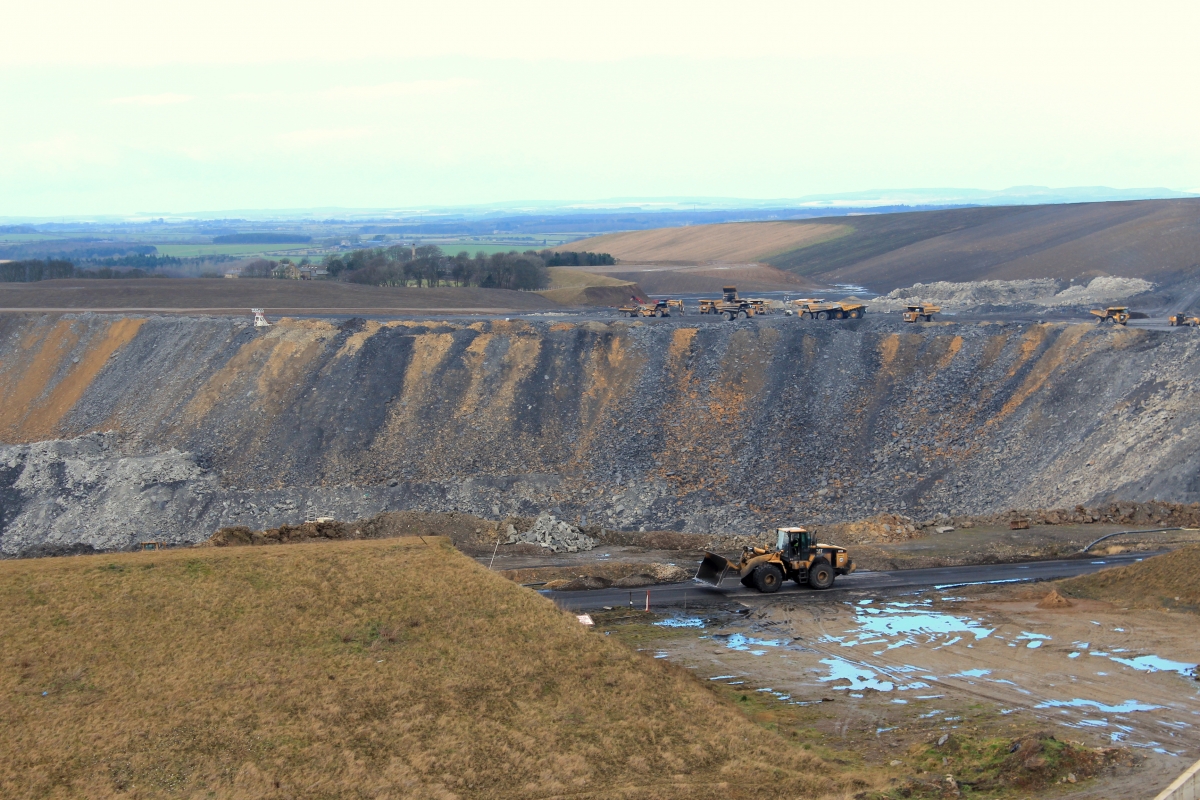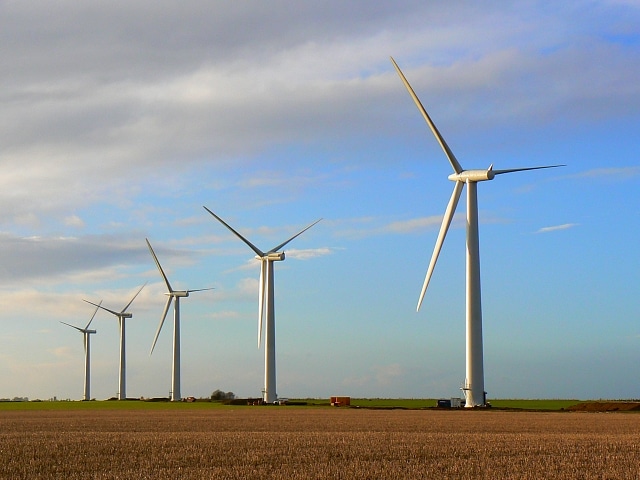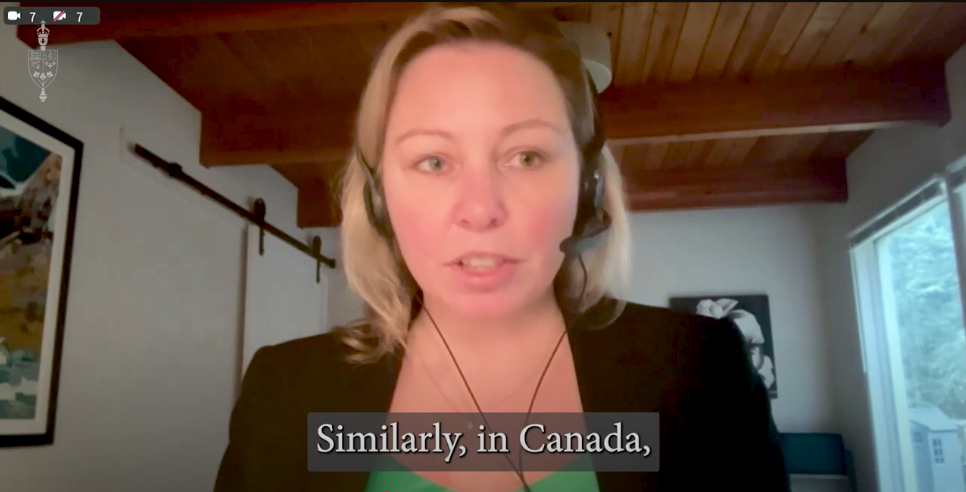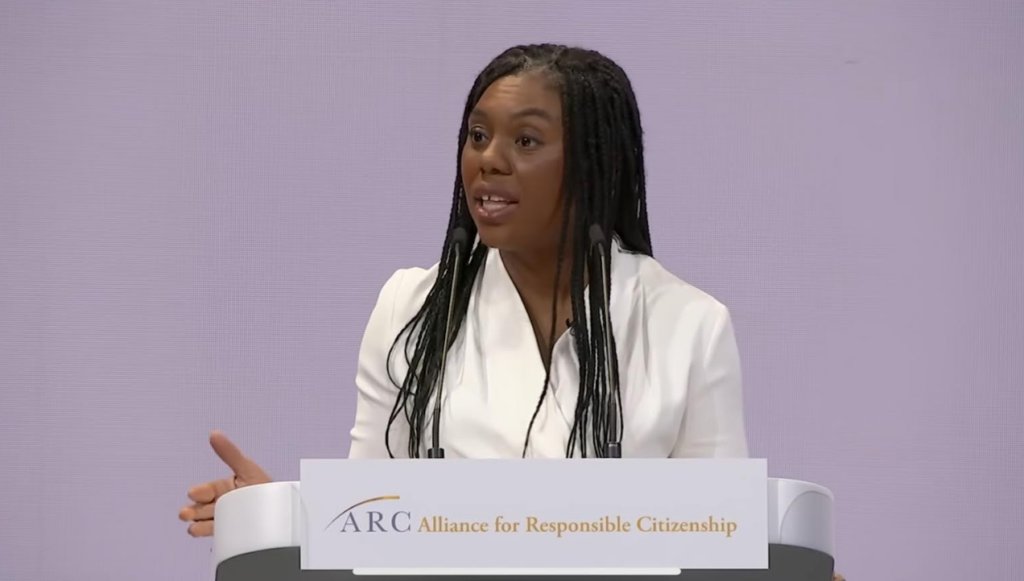Lord Matt Ridley is Britain’s most prominent climate denier, and also profits from a huge opencast mine on his sprawling family estate to the north of Newcastle
The Tory peer and Times columnist declares an interest in coal but has done everything he can to downplay any suggestion that he may benefit financially from his anti-climate science views, or that his financial interest may influence his opinions
However, an investigation by DeSmog UK established that the company mining coal from his country estate is facing heavy losses from investments in wind and at the same time increased coal production on the Ridley estate. The firm also has £54m in “wind farm secured loans”.
This appears to be a response to the Tory attack on renewable subsidies – loudly advocated and cheered on by Lord Ridley in the House of Lords. In October 2014, for example, he launched a full-blooded attack on wind farms in Northumberland.
Coal Production
Lord Ridley inherited the Blagdon Estate in Northumberland, where his family first began mining coal in 1700. In recent years, he has allowed the production of millions of tonnes of coal at opencast mines in the heart of the beautiful countryside.

The Shotton open cast mine
The mines are operated by Banks Mining, which, in turn, is owned by Banks Group, a profitable family firm that has worked at Blagdon and other smaller mining sites in the area since coal mining was privatised in the 1980s by Ridley’s uncle, Nicholas Ridley.
Banks Group has made millions from coal during the last three decades, but has made significant and sincere efforts to move beyond fossil fuels and, instead, invest in wind turbines, a clean, renewable source of energy. It has more than 25 subsidiaries running wind farm projects.
These efforts have, however, been seriously undermined by the Tories’ attack on renewable energy, since the Conservative party won an outright majority at the 2010 general election and is no longer locked into a coalition with the environmentally friendly Liberal Democrats.
Tory Policy
Harry Banks, the founder and chairman of Banks Group, has previously donated money to the Labour party through the company, and his senior employees and spokespeople have, so far, steadfastly refused to discuss his relationship with Lord Ridley.
However, the most recent company accounts for Banks Group warned before the election that a Tory victory could be catastrophic for the company’s wind ambitions because the Conservatives would enact the policy reversal advocated by Lord Ridley and his allies at the climate denying Global Warming Policy Foundation.
The directors warned: “The potential for future onshore wind farm development may be adversely affected by the outcome of the next General Election.”
“A Conservative administration may seek to remove subsidy entitlement for onshore wind farms consented after May 2015 which could cause such development to be no longer commercially viable.”
The accounts note: “The directors regularly review the carrying value of windfarm developments and make provision where the costs of individual developments are no longer assessed as recoverable. During the year £3.8m of such provisions were made.”
Wind Subsidies End
The dire prediction came to pass: the Conservatives won in May last year with a slim overall majority, and Amber Rudd, as the new secretary of state for energy and climate change, ended subsidies for onshore wind farms. She confirmed that many planned wind farms would no longer go ahead as a result.
Banks Group is heavily invested in wind. Farms operated by the company generate 47 megawatts (MW) of power each year, but much of the capacity is still to come online. Sites under construction at the time of the directors’ report would have generated a further 18MW.
Moreover, the firm already had planning permission for sites that would have generated 186MW of power, with a further 145MW potential to be produced by wind farms currently going through the planning process – at considerable cost to the company.
The future of all these projects is now in serious jeopardy if the directors’ report proves accurate – costing the Banks family and the other shareholders a considerable amount of cash.
The Banks family has, however, increased turnover and profits with a significant increase in the amount of coal being mined from the Ridley estate, according to an investigation undertaken by DeSmog UK of financial records published by the company.
In 2014, the most recent year for which accounts are published, the company made £27m in operating profits, compared to just £11m the previous year.
Banks Group mined more than 1 million tonnes of coal from the Shotton opencast mine (of which most, if not all, falls on Ridley’s estate) during the year. This compares to 683,000 tonnes the previous year. The collapse in the price of coal is expected to hit the firm this year.
Ridley’s Profit
Lord Ridley has said he makes only a small wayleave from Banks Group for the multimillion pound mining operation next to his mansion. The payments possibly fall under the “operating lease rental for land and buildings” heading in Banks Group’s accounts, although the company has refused to confirm or deny this.
The cost under this heading for the entire company was £5,121,000 for 2014, again an increase over previous years. In 2009, the cost for leasing land was £60,000 for an 18-month period.
The mining of coal by Banks Group has very nearly doubled since 2010 – the same year that David Cameron became prime minister, promising to take on the issue of climate change
Lord Ridley’s high profile as a climate denier has caused financial problems for the Banks Group in a more direct way. Protesters occupied and closed down the Shotton site for a day late last year, costing the firm £100,000.
Subscribe to our newsletter
Stay up to date with DeSmog news and alerts







